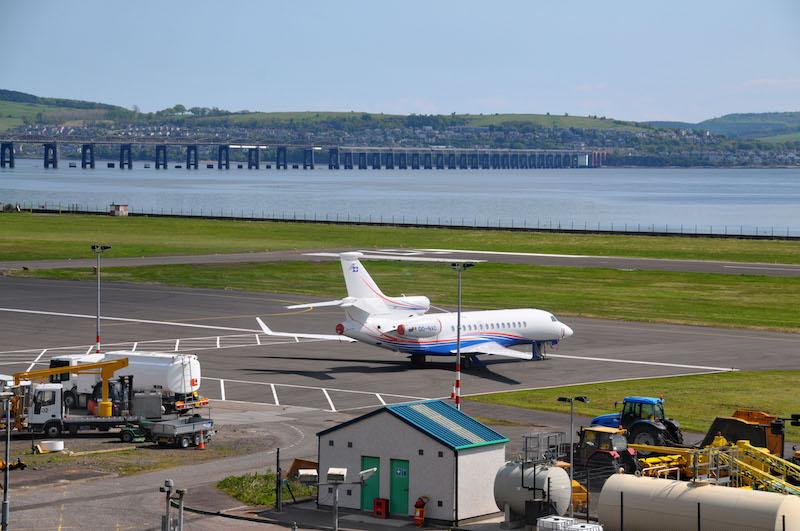
The Public Service Obligation (PSO) route connecting Scotland's Dundee Airport, above, and London Heathrow has been renewed for a further two years amid UK PSO policy reforms.
Credit: M.Brodie/Alamy Stock Photo
The UK has reformed its policy on Public Service Obligation (PSO) routes to include services that operate to and from different regions of the country, rather than just into London. The government says the move aims to protect qualifying domestic routes “that are in danger of being lost,” thereby...
Subscription Required
This content requires a subscription to one of the Aviation Week Intelligence Network (AWIN) bundles.
Schedule a demo today to find out how you can access this content and similar content related to your area of the global aviation industry.
Already an AWIN subscriber? Login
Did you know? Aviation Week has won top honors multiple times in the Jesse H. Neal National Business Journalism Awards, the business-to-business media equivalent of the Pulitzer Prizes.





